Refine your website’s performance with on-page SEO that optimizes content, meta tags, and internal linking. Utah Digital Marketing Experts ensures your site is user-friendly, search engine-friendly, and ready for higher rankings. Achieve seamless optimization with precision techniques.

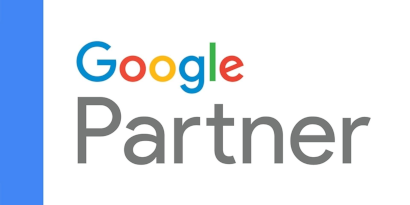
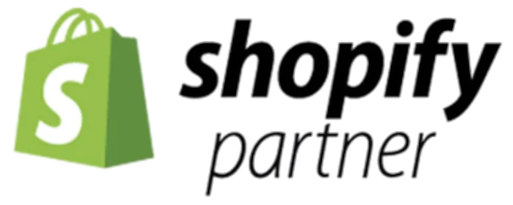
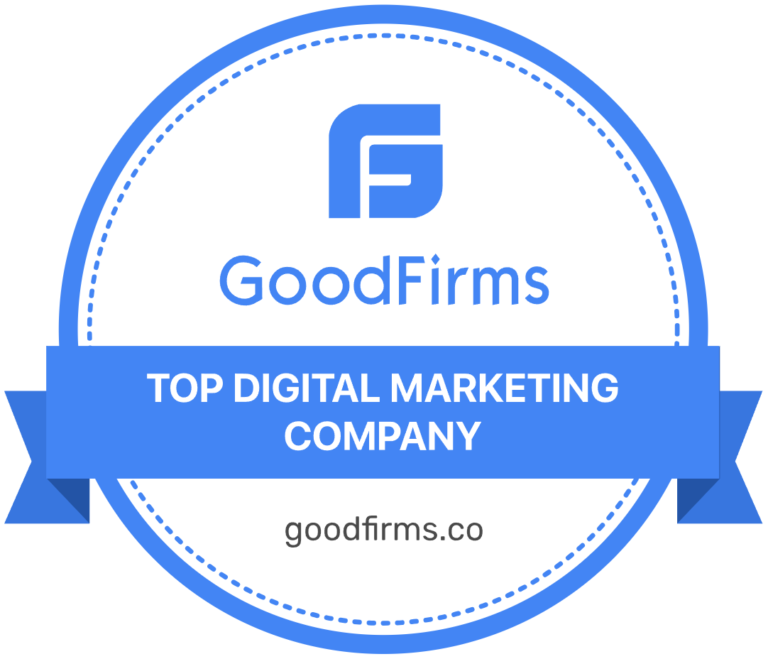

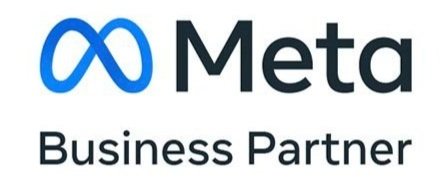
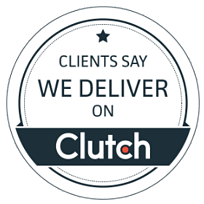
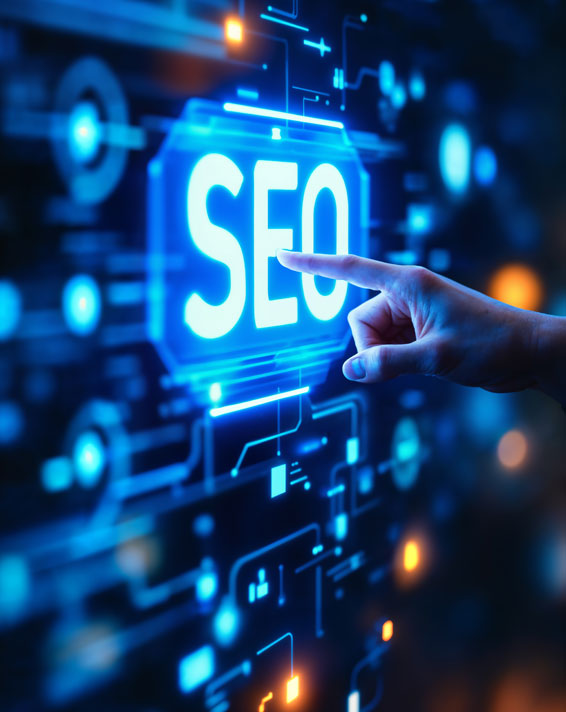
Your website is more than just a digital storefront; it’s a critical tool for building connections, attracting visitors, and converting them into loyal customers. At Utah Digital Marketing Experts, we specialize in comprehensive on-page SEO services that optimize your website’s structure, content, and performance. Our strategies are designed to help your business rank prominently in search engine results, ensuring you stand out in an ever-crowded online space.
On-page SEO is the foundation of a successful online presence. It focuses on refining elements within your website, such as metadata, content, and technical performance, to improve visibility and user experience. This ensures that search engines can effectively index your pages while users enjoy seamless navigation. Our expert team combines proven techniques with the latest industry practices to create a well-optimized website that delivers measurable results.
With a deep understanding of local and regional search behavior, we tailor our on-page SEO strategies to meet the unique needs of Utah businesses. From keyword optimization and mobile responsiveness to structured data implementation, we address every detail to help your website achieve higher rankings and drive relevant traffic. Whether you’re seeking to enhance your online presence or dominate local search, our team has the expertise to turn your goals into reality.


On-page SEO, also called on-site SEO, is the process of optimizing the elements within your website to enhance its visibility on search engines and improve user experience. Unlike off-page SEO, which focuses on external factors like backlinks, on-page SEO deals with everything that happens directly on your website—content, structure, design, and technical aspects. These optimizations ensure that search engines can accurately interpret your pages and rank them for relevant searches while providing a seamless and engaging experience for your visitors.
At its core, on-page SEO bridges the gap between search engine algorithms and human visitors. Search engines like Google analyze specific signals—such as keyword relevance, metadata accuracy, and page load speed—to determine how well your content meets user intent. By refining these factors, you can make your website more accessible and appealing to both search engines and users, laying the groundwork for sustained organic growth.
On-page SEO is not a one-time effort; it’s an ongoing process that adapts to changes in algorithms, user behavior, and industry trends. It’s about creating a website that not only ranks well but also serves as a valuable resource for your audience, fostering trust, engagement, and conversions.
A well-optimized website is built on a foundation of carefully executed elements that work together to enhance visibility, usability, and performance. Each component of on-page SEO plays a critical role in ensuring that your site ranks well in search engine results while delivering a seamless experience for users.
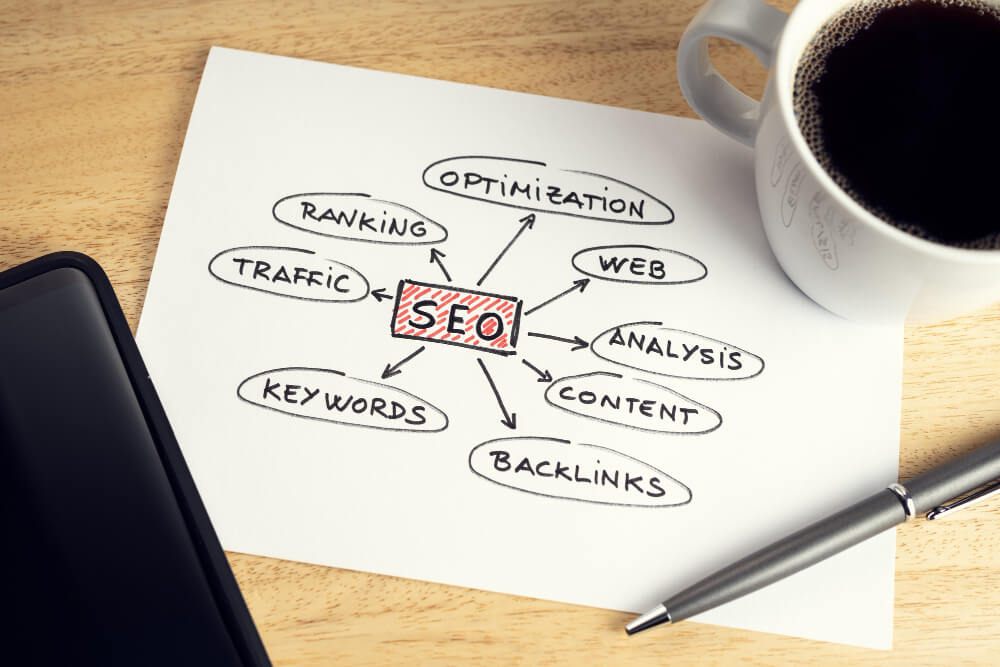
Finding and effectively utilizing the right keywords lies at the core of any successful on-page SEO strategy. Keywords serve as the bridge between what your audience is searching for and the content your website provides. A thoughtful approach to keyword optimization ensures that your pages align with user intent while remaining in harmony with search engine guidelines.
Our process for keyword optimization includes:
Effective keyword optimization not only helps your website rank for relevant searches but also ensures that visitors find the information they need quickly and effortlessly. This targeted approach lays the groundwork for stronger engagement, higher conversions, and a better overall user experience.
Meta tags and descriptions are critical components of on-page SEO that significantly influence how your website appears in search engine results. While often overlooked, these elements play a pivotal role in attracting users to your website and improving overall click-through rates (CTR). At Utah Digital Marketing Experts, we prioritize creating well-optimized meta titles and descriptions that resonate with both users and search engines.
Here’s how we approach meta tag optimization:
Optimized meta tags and descriptions not only improve CTR but also ensure that search engines and users have a clear understanding of your page’s purpose. This attention to detail helps your site stand out in search results, ultimately driving more qualified traffic to your website.
High-quality content is the backbone of on-page SEO and a driving force behind user engagement and search engine rankings. Search engines prioritize websites that provide valuable, relevant, and well-structured content that meets the needs of their audience. At Utah Digital Marketing Experts, we focus on crafting content that not only ranks well but also resonates with your visitors.
Our approach to content optimization includes:
Optimized content goes beyond keywords—it’s about creating a seamless blend of information and design that appeals to both your audience and search engines. This comprehensive approach ensures that your website becomes a trusted resource, fostering higher rankings, better user experiences, and increased conversions.
Internal linking is a fundamental aspect of on-page SEO that connects different pages within your website, creating a cohesive structure that benefits both users and search engines. A well-planned internal linking strategy not only improves navigation but also strengthens your website’s overall SEO performance.
Our approach to internal linking focuses on:
A robust internal linking strategy not only enhances user experience but also strengthens your website’s SEO foundation. By connecting your content in meaningful ways, we help maximize the value of your website’s architecture and support your overall ranking goals.
A well-optimized URL structure is a small but impactful component of on-page SEO that improves both user experience and search engine rankings. Clean, concise URLs that incorporate relevant keywords make it easier for visitors and search engines to understand the content of your pages at a glance.
Here’s how we optimize your URL structure:
A well-structured URL not only enhances the visibility of your pages but also encourages users to click on your links. Combined with other on-page SEO elements, optimized URLs contribute to a seamless and professional online presence.
In a world where the majority of online traffic comes from smartphones and tablets, having a mobile-optimized website is no longer optional—it’s essential for success. With search engines adopting mobile-first indexing, the performance of your mobile site directly impacts your rankings and user engagement.
Our mobile optimization process includes:
A mobile-optimized website not only meets the expectations of modern users but also aligns with search engine requirements, positioning your site for better rankings and increased visibility. Our focus on responsive design and performance ensures your website delivers an exceptional experience, no matter the device.
Images play a crucial role in enhancing the visual appeal and user engagement of your website, but they can also significantly impact performance and search rankings if not properly optimized. Effective image optimization ensures that visuals enhance your site’s usability and SEO without compromising loading speed.
Here’s how we approach image optimization:
Properly optimized images improve your website’s aesthetics, functionality, and performance, helping it rank higher while providing a seamless experience for your audience. This attention to detail enhances user engagement and supports your broader on-page SEO strategy.
Page speed is a critical factor in both search engine rankings and user satisfaction. Visitors expect websites to load quickly, and even a slight delay can lead to higher bounce rates and lost opportunities. Search engines also prioritize fast-loading websites, making page speed optimization a key component of effective on-page SEO.
Our approach to improving page speed includes:
Leveraging a Content Delivery Network (CDN): A CDN distributes your website’s content across multiple servers worldwide, reducing the physical distance between users and the server. This results in faster load times, particularly for visitors accessing your site from different regions.
Page speed optimization ensures your website delivers a seamless experience, encouraging users to stay longer and engage more deeply with your content. These improvements also contribute to better rankings and a stronger overall online presence.
Structured data and schema markup are advanced tools that add context to your website’s content, making it easier for search engines to understand and present your information in search results. By implementing structured data, your site becomes eligible for enhanced search features that boost visibility and click-through rates.
Structured data not only improves your website’s presentation in search results but also builds trust and engagement with users. This advanced on-page SEO element ensures that your site communicates effectively with search engines while offering a richer experience for visitors.
User experience (UX) and accessibility are at the heart of effective on-page SEO, ensuring that your website is not only discoverable but also enjoyable and inclusive for all visitors. Google prioritizes websites that provide a seamless and accessible user experience, making this a key factor for better rankings and engagement.
Here’s how we enhance UX and accessibility:
By focusing on UX and accessibility, we not only enhance user satisfaction but also align with search engine criteria for ranking high-quality websites. This approach ensures that your site welcomes all visitors, encouraging longer sessions, repeat visits, and meaningful interactions.
Finding and effectively utilizing the right keywords lies at the core of any successful on-page SEO strategy. Keywords serve as the bridge between what your audience is searching for and the content your website provides. A thoughtful approach to keyword optimization ensures that your pages align with user intent while remaining in harmony with search engine guidelines.
Our process for keyword optimization includes:
Effective keyword optimization not only helps your website rank for relevant searches but also ensures that visitors find the information they need quickly and effortlessly. This targeted approach lays the groundwork for stronger engagement, higher conversions, and a better overall user experience.
High-quality content is the backbone of on-page SEO and a driving force behind user engagement and search engine rankings. Search engines prioritize websites that provide valuable, relevant, and well-structured content that meets the needs of their audience. At Utah Digital Marketing Experts, we focus on crafting content that not only ranks well but also resonates with your visitors.
Our approach to content optimization includes:
Optimized content goes beyond keywords—it’s about creating a seamless blend of information and design that appeals to both your audience and search engines. This comprehensive approach ensures that your website becomes a trusted resource, fostering higher rankings, better user experiences, and increased conversions.
A well-optimized URL structure is a small but impactful component of on-page SEO that improves both user experience and search engine rankings. Clean, concise URLs that incorporate relevant keywords make it easier for visitors and search engines to understand the content of your pages at a glance.
Here’s how we optimize your URL structure:
A well-structured URL not only enhances the visibility of your pages but also encourages users to click on your links. Combined with other on-page SEO elements, optimized URLs contribute to a seamless and professional online presence.
Images play a crucial role in enhancing the visual appeal and user engagement of your website, but they can also significantly impact performance and search rankings if not properly optimized. Effective image optimization ensures that visuals enhance your site’s usability and SEO without compromising loading speed.
Here’s how we approach image optimization:
Properly optimized images improve your website’s aesthetics, functionality, and performance, helping it rank higher while providing a seamless experience for your audience. This attention to detail enhances user engagement and supports your broader on-page SEO strategy.
Structured data and schema markup are advanced tools that add context to your website’s content, making it easier for search engines to understand and present your information in search results. By implementing structured data, your site becomes eligible for enhanced search features that boost visibility and click-through rates.
Structured data not only improves your website’s presentation in search results but also builds trust and engagement with users. This advanced on-page SEO element ensures that your site communicates effectively with search engines while offering a richer experience for visitors.
Meta tags and descriptions are critical components of on-page SEO that significantly influence how your website appears in search engine results. While often overlooked, these elements play a pivotal role in attracting users to your website and improving overall click-through rates (CTR). At Utah Digital Marketing Experts, we prioritize creating well-optimized meta titles and descriptions that resonate with both users and search engines.
Here’s how we approach meta tag optimization:
Optimized meta tags and descriptions not only improve CTR but also ensure that search engines and users have a clear understanding of your page’s purpose. This attention to detail helps your site stand out in search results, ultimately driving more qualified traffic to your website.
Internal linking is a fundamental aspect of on-page SEO that connects different pages within your website, creating a cohesive structure that benefits both users and search engines. A well-planned internal linking strategy not only improves navigation but also strengthens your website’s overall SEO performance.
Our approach to internal linking focuses on:
A robust internal linking strategy not only enhances user experience but also strengthens your website’s SEO foundation. By connecting your content in meaningful ways, we help maximize the value of your website’s architecture and support your overall ranking goals.
In a world where the majority of online traffic comes from smartphones and tablets, having a mobile-optimized website is no longer optional—it’s essential for success. With search engines adopting mobile-first indexing, the performance of your mobile site directly impacts your rankings and user engagement.
Our mobile optimization process includes:
A mobile-optimized website not only meets the expectations of modern users but also aligns with search engine requirements, positioning your site for better rankings and increased visibility. Our focus on responsive design and performance ensures your website delivers an exceptional experience, no matter the device.
Page speed is a critical factor in both search engine rankings and user satisfaction. Visitors expect websites to load quickly, and even a slight delay can lead to higher bounce rates and lost opportunities. Search engines also prioritize fast-loading websites, making page speed optimization a key component of effective on-page SEO.
Our approach to improving page speed includes:
Leveraging a Content Delivery Network (CDN): A CDN distributes your website’s content across multiple servers worldwide, reducing the physical distance between users and the server. This results in faster load times, particularly for visitors accessing your site from different regions.
Page speed optimization ensures your website delivers a seamless experience, encouraging users to stay longer and engage more deeply with your content. These improvements also contribute to better rankings and a stronger overall online presence.
User experience (UX) and accessibility are at the heart of effective on-page SEO, ensuring that your website is not only discoverable but also enjoyable and inclusive for all visitors. Google prioritizes websites that provide a seamless and accessible user experience, making this a key factor for better rankings and engagement.
Here’s how we enhance UX and accessibility:
By focusing on UX and accessibility, we not only enhance user satisfaction but also align with search engine criteria for ranking high-quality websites. This approach ensures that your site welcomes all visitors, encouraging longer sessions, repeat visits, and meaningful interactions.
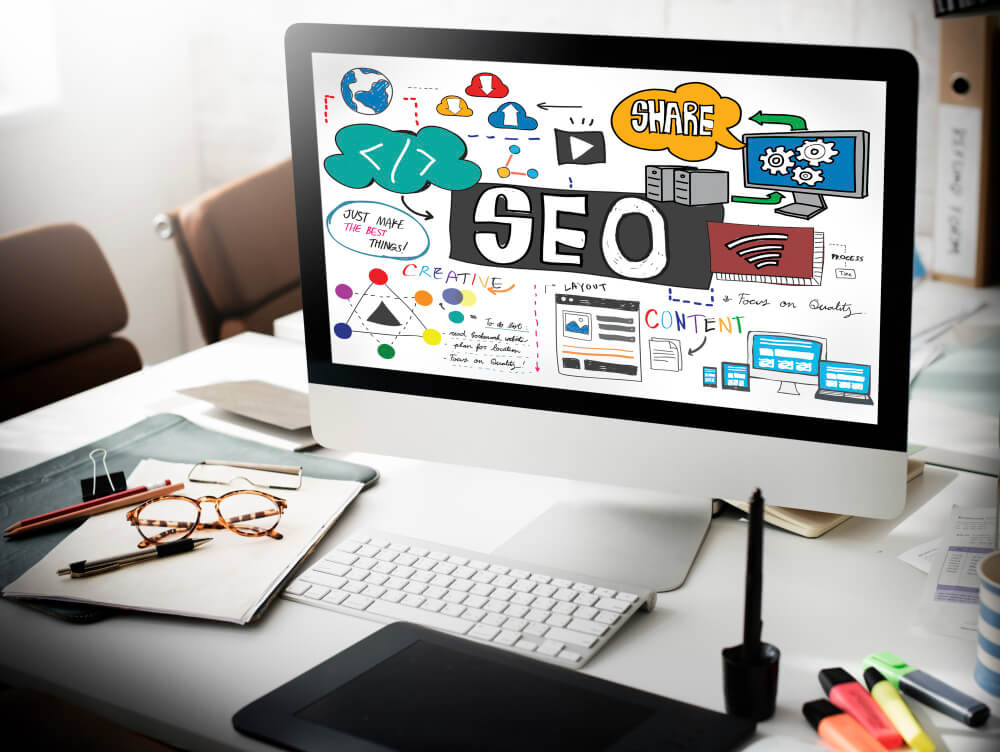
For local businesses, on-page SEO goes beyond standard optimization by incorporating strategies that specifically cater to a local audience and enhance visibility within geographic areas. Optimizing for local search helps ensure that your business ranks higher for region-specific queries, making it easier for potential customers to find and engage with you. At Utah Digital Marketing Experts, we specialize in implementing local on-page SEO strategies that boost your presence within your community and surrounding areas.
This includes including location names in titles, meta descriptions, headers, and throughout the content to signal to search engines that your business serves a specific area. For example, a plumber in Salt Lake City would benefit from keywords like “emergency plumbing services Salt Lake City” or “best plumbing in Salt Lake City.”
This includes ensuring consistency in NAP (Name, Address, Phone Number) data across your website and Google profile, adding relevant business categories, uploading accurate photos, and regularly updating your hours and services. We also focus on integrating your Google Business Profile with your website’s local content to improve the likelihood of appearing in local “map pack” search results.
E-commerce websites require a unique approach to on-page SEO due to the volume of products and category pages. A strong on-page strategy ensures that individual product pages are optimized for visibility while maintaining an intuitive structure for users and search engines. At Utah Digital Marketing Experts, we specialize in enhancing e-commerce sites to improve search rankings, product discoverability, and overall customer experience.
Effective on-page SEO for e-commerce websites ensures your products and categories are discoverable, easily navigable, and rank well for targeted search queries. These strategies lead to improved search visibility, better user experience, and higher conversion rates.
Each industry has unique needs and challenges when it comes to on-page SEO. At Utah Digital Marketing Experts, we provide tailored strategies that address the specific requirements of various sectors, ensuring that your website not only ranks higher but also delivers a user-friendly, relevant experience for your target audience. Here’s a more detailed look at our approach to on-page SEO for several key industries:
Real Estate:
Real estate websites require SEO that highlights individual properties while also catering to potential buyers’ search intentions. We optimize property listings with detailed descriptions, high-quality images, and local keywords to attract region-specific search traffic.
Structured data, like schema markup for property features (price, location, amenities), helps your listings show up as rich results in search engines, improving visibility. We also focus on creating neighborhood guides and local content that answer common real estate questions, such as “best areas to live in Salt Lake City.” Additionally, by optimizing for long-tail keywords such as “3-bedroom homes for sale in Provo,” we target specific buyer intentions.
Healthcare:
Healthcare providers face the dual challenge of needing to be visible in search engines while maintaining patient confidentiality and meeting HIPAA compliance standards. We ensure that healthcare websites are optimized for local search, such as “best pediatrician in Salt Lake City,” as patients tend to look for services close to home.
Each service page is optimized with specific medical terms, answers to frequently asked questions (FAQs), and trust-building content like patient testimonials. We also structure content with clear navigation to make it easier for patients to find the information they need. We implement schema markup to display key information such as office hours, location, and doctor specialties in search results, making it easier for potential patients to connect.
Law Firms:
Law firms thrive on trust and authority. To enhance both, we ensure that the content structure is clear and informative, with an emphasis on the specific legal services you offer. Service-specific pages (e.g., “divorce attorney,” “personal injury lawyer”) are optimized with relevant keywords like “best divorce attorney in Salt Lake City.” For local law firms, we also optimize for geographic queries, ensuring your firm shows up in searches like “top criminal lawyer in Salt Lake City.” Additionally, by optimizing the firm’s Google Business Profile, we ensure it ranks well in local map searches.
Clear calls-to-action (CTAs) on every page, such as “Schedule a free consultation,” make it easy for potential clients to take the next step. We also use structured data to enhance search results with ratings, reviews, and detailed service information, providing potential clients with all the information they need right in the search results.
Hospitality (Hotels, Resorts):
For the hospitality industry, optimizing for location-based queries is crucial. We use local SEO strategies to target keywords like “best hotels in Salt Lake City” or “luxury resorts near Park City.” Each page is optimized to provide details about accommodations, amenities, and unique experiences, with clear calls-to-action (e.g., “Book Now” or “View Rooms”).
We also focus on optimizing booking functionality, ensuring that the process is seamless for users across all devices. Structured data is used to enhance search results with key information like pricing, availability, and reviews. Reviews play a major role in attracting guests, so we ensure your site is set up to collect and display them effectively. Additionally, we optimize your Google Business Profile and integrate it with your website for accurate business hours, location, and real-time information.
Education and Online Learning:
Educational institutions and online learning platforms require SEO that focuses on course offerings, faculty profiles, and location-based keywords (for universities and colleges). We optimize program pages with detailed, informative content tailored to potential students, using long-tail keywords like “best online MBA programs” or “top courses for digital marketing.”
Content about faculty expertise, testimonials, and student success stories also helps build authority and trust. For online learning platforms, we optimize individual course pages with keyword-rich descriptions, clear learning outcomes, and compelling calls to action such as “Enroll Now.” We also optimize for local SEO for educational institutions, ensuring that your institution appears for searches related to specific locations (e.g., “top college in Utah”).
Home Services (Plumbing, Electricians, HVAC):
Home service providers rely on local SEO to attract clients within their service areas. We optimize service pages with location-based keywords, such as “emergency plumber in Salt Lake City,” and ensure that Google Business Profile details, including NAP (Name, Address, Phone number), are consistent across the web. Additionally, user-friendly content with clear calls to action, such as “Get a Free Estimate” or “Schedule a Service,” encourages conversions.
By optimizing for services like “24/7 electrician services” or “affordable HVAC repairs,” we ensure your business ranks for a wide range of relevant local searches. We also focus on collecting and displaying customer reviews, as these are crucial for building trust and improving local SEO rankings.
Automotive Services:
Automotive repair shops, dealerships, and service centers benefit from local SEO and on-page content optimization. We ensure that service pages for oil changes, brake repairs, or tire services are optimized with specific keywords like “affordable brake repair in Salt Lake City.”
For dealerships, we optimize pages for specific car models and inventory, integrating features like schema markup for vehicle listings, pricing, and availability. Internal linking ensures that key pages, such as service offerings and product categories, are easily accessible and visible. Additionally, local SEO strategies ensure that automotive businesses appear in search results when users search for car repair services or dealerships in their area, along with contact details, hours, and directions.
Construction and Contractors:
Contractors and construction companies need on-page SEO to attract leads within their service areas. We optimize pages for services like “roofing contractor in Salt Lake City,” “kitchen remodeling,” or “commercial construction services.” Location-based keywords are used across the site, ensuring it ranks for relevant regional searches.
Service pages are crafted with detailed descriptions of the services offered, while incorporating case studies, client testimonials, and project portfolios to build trust. Schema markup for contractor details, such as project types and hours, is implemented to enhance search visibility. Internal linking is optimized to ensure potential clients can easily navigate to different service pages and get in touch quickly. Local SEO helps ensure your business ranks for essential local queries, increasing visibility and driving conversions.
Food Services:
For restaurants and food service businesses, optimizing for local searches is crucial. We focus on keyword optimization for cuisine types (e.g., “best sushi restaurant in Salt Lake City”) and location-specific searches (e.g., “family-friendly restaurants near downtown Salt Lake City”).
Menu pages are optimized with detailed descriptions, including ingredients, dietary options, and meal specials, while optimizing alt text for images of dishes. Customer reviews and ratings are essential for building trust and improving local SEO rankings, and we ensure these are well-integrated into your website. Additionally, we optimize your Google Business Profile for seamless integration with your site, making it easier for customers to find essential information such as hours, location, and menu.
Each industry requires a customized approach to on-page SEO to ensure that content resonates with the target audience while also adhering to the unique needs of the sector. By implementing industry-specific strategies, we help businesses not only rank higher but also build trust, engagement, and conversions with their customers. Whether you are in real estate, healthcare, law, or any other field, our tailored SEO strategies ensure your website reaches its full potential.
Content is critical for SEO. Writing optimized content not only enhances user experience but also boosts search engine rankings. Here’s how we ensure content drives traffic and conversions:
By focusing on keyword strategy, valuable content, and semantic optimization, we ensure your content drives traffic and ranks higher in search engines, meeting both user intent and SEO goals.
Using the right tools can make a significant difference in the effectiveness of your on-page SEO efforts. Here are some of the best tools that help with various aspects of on-page optimization:
There are countless on-page SEO tools available, and the right ones depend on your business, industry, and specific goals. While SEMrush, Ahrefs, Rank Math, and Google PageSpeed Insights are highly effective for most businesses, certain industries may require specialized tools for optimal results.
For example, e-commerce websites benefit from tools like Moz Pro for keyword tracking and competitor insights, or DeepCrawl for auditing large product inventories and handling issues like duplicate content. Real estate businesses may find Schema App useful for implementing structured data that enhances listings and search results. BuzzSumo is excellent for identifying trending topics and content ideas, especially in industries like marketing, media, or consumer products.
Local businesses can take advantage of BrightLocal to optimize their Google Business Profile, manage reviews, and track local rankings. Similarly, service-based businesses or industries that rely heavily on local SEO can use tools like Whitespark for citation tracking and link building.
Choosing the best combination of tools depends on your unique needs and business type. We ensure that the right tools are used to streamline your on-page SEO efforts, allowing for a targeted, efficient approach that maximizes visibility and performance.
Even with the best intentions, many businesses fall into common on-page SEO traps that hinder their website’s performance. These mistakes can negatively affect rankings, user experience, and conversion rates. Here are some of the most frequent on-page SEO errors to avoid:
Avoiding these common mistakes ensures your on-page SEO strategy is effective and sustainable. By focusing on natural keyword use, optimizing for mobile, and ensuring content quality and originality, you improve not only your rankings but also your website’s overall performance and user satisfaction.
To stay ahead of the competition and truly elevate your on-page SEO strategy, it’s essential to implement advanced techniques that go beyond the basics. These strategies help improve your site’s visibility, user experience, and overall rankings. Here are some advanced on-page SEO techniques to consider:
Implementing these advanced on-page SEO techniques helps refine your website’s optimization, increasing its chances of ranking for a wide range of queries, appearing in rich results, and earning more clicks. These strategies are integral for businesses looking to enhance their SEO efforts and drive consistent growth.
At Utah Digital Marketing Experts, we believe that successful on-page SEO is not just about improving rankings, but about building long-term relationships through results, not contracts. Our team combines years of experience with a deep understanding of industry trends to ensure that your website meets the latest SEO standards while driving real, measurable results. Here’s what makes us the ideal partner for your on-page SEO needs:
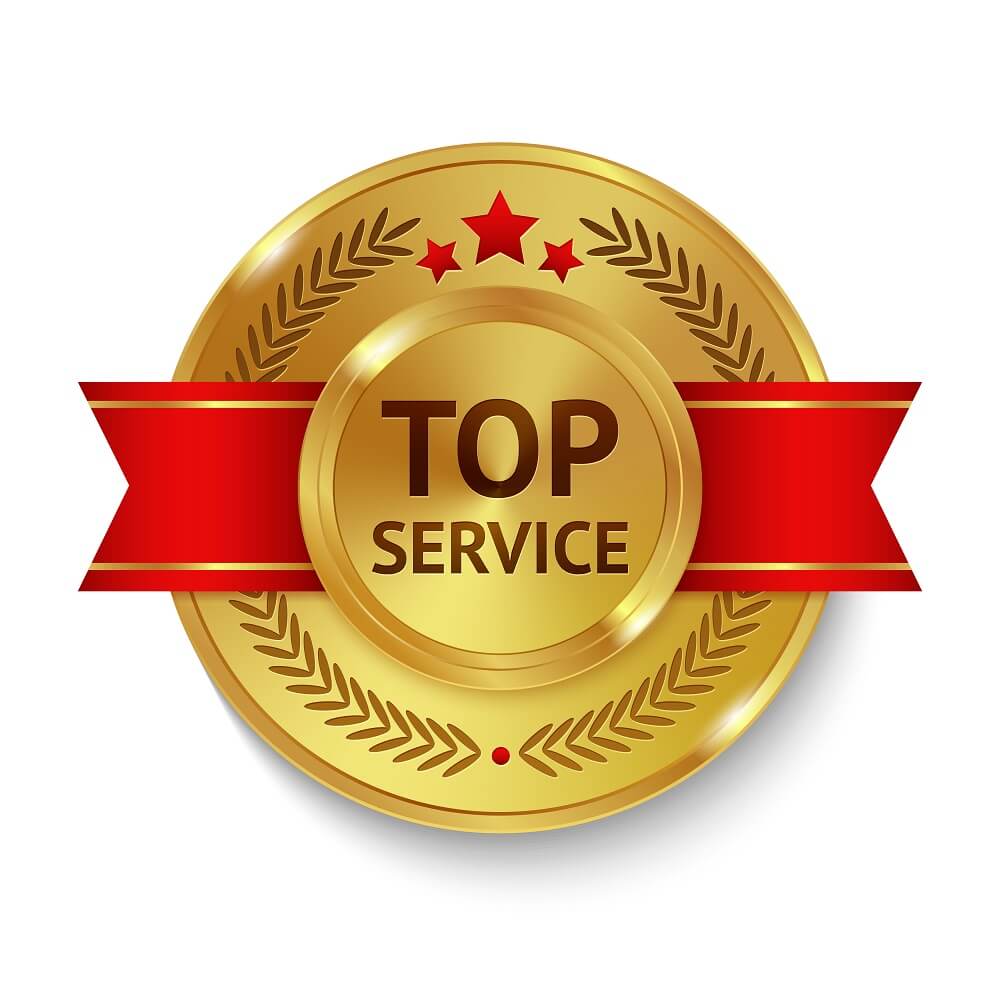
Every business is unique, and so are its SEO needs. We develop custom SEO strategies that align with your specific business objectives, target market, and industry trends. Whether you’re a small local business or a large e-commerce store, we create an approach designed to drive the right traffic, boost conversions, and improve user engagement. Our solutions are flexible and adaptive to changes in your business goals or the SEO landscape.
We don’t rely on guesswork. Our team uses comprehensive analytics to track, analyze, and refine every aspect of your on-page SEO strategy. We provide regular reports that detail how your site is performing, highlight areas of improvement, and adjust tactics based on hard data. This transparent approach ensures you always know how your investment is driving results.
SEO should be accessible, no matter the size of your business. We offer scalable, affordable SEO packages that fit businesses of all sizes, from startups to established enterprises. Our goal is to help you get the most value for your investment, delivering powerful results that grow alongside your business without breaking the budget.
Tracking backlinks across thousands of pages and campaigns can be a time-consuming process. Without the proper tools, it can be difficult to assess the impact of each link, leading to wasted efforts on poor-quality links or unsuccessful campaigns. Enterprises need sophisticated link management systems and measurement tools to ensure their campaigns are yielding the desired results.
Our focus is always on driving sustained, measurable development for your business. We aim to build partnerships founded on long-term success and results, helping your website thrive over time with ongoing optimization and consistent improvement.
We don’t believe in locking our clients into contracts. Instead, we focus on building lasting partnerships based on trust and success. “Long-term Relationships Through Results, Not Contracts” reflects our commitment to driving ongoing success for your business through continuous improvement and measurable outcomes. When you work with us, you’re not just a client—you’re a partner in a journey of sustained growth.
Is your website ready to stand out in search results and drive more organic traffic? The journey toward better rankings, enhanced user engagement, and increased conversions starts here. By implementing proven on-page SEO strategies, we can help transform your website into a high-performing, search engine-friendly asset that attracts more visitors and maximizes your business potential.
Take the first step toward improving your digital presence. Reach out to us for a free, no-obligation consultation where we’ll assess your current SEO efforts, understand your business goals, and discuss how on-page SEO can unlock new growth opportunities. Whether you’re aiming to improve local SEO, optimize product pages, or refine your content strategy, we’ll guide you through every aspect of on-page optimization to ensure your website is positioned for long-term success.
Don’t let your website get lost in the crowd. Contact us today, and let us show you how effective on-page SEO can transform your online presence into a competitive advantage. Let’s work together to unlock the full potential of your website and drive results that matter.
